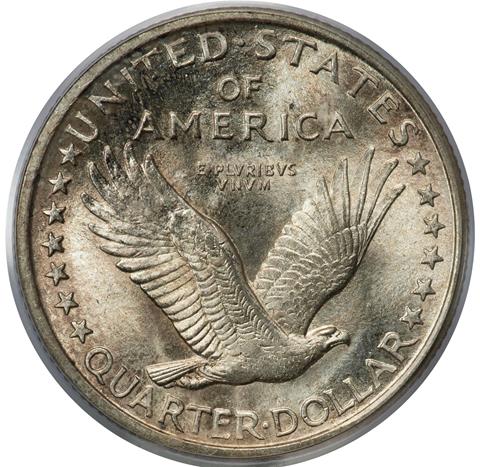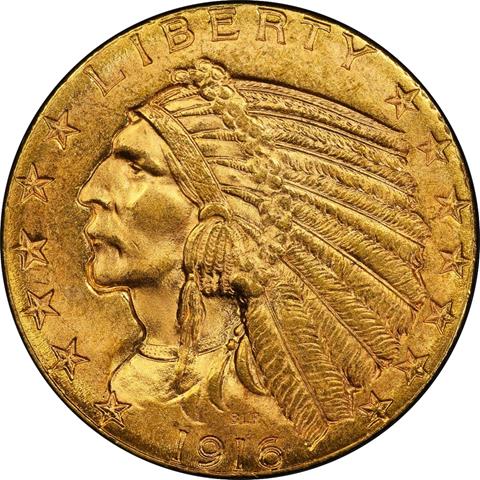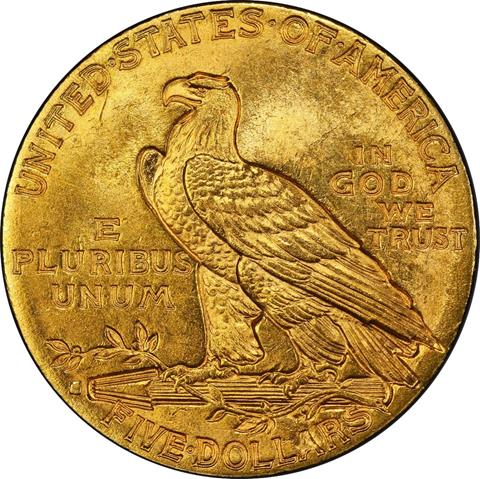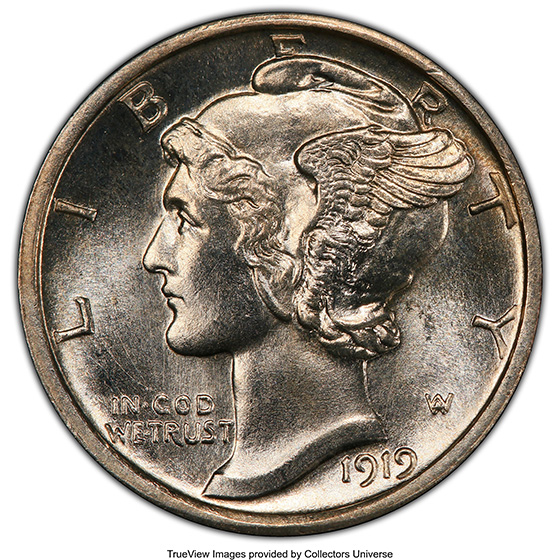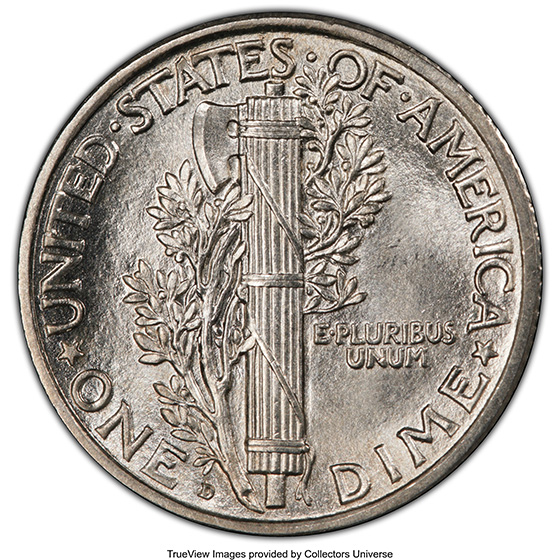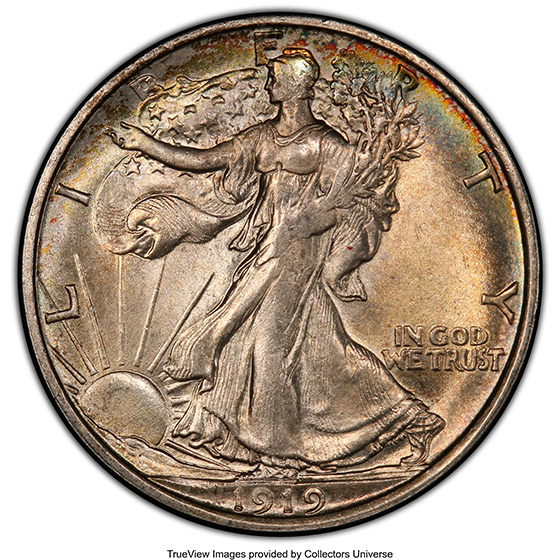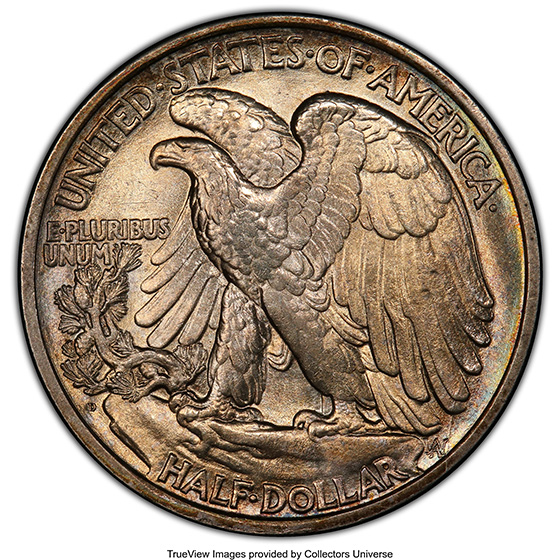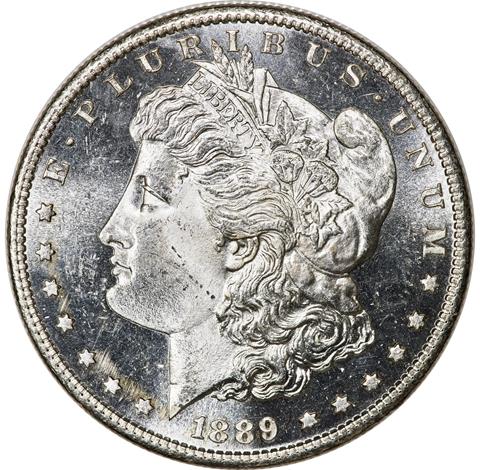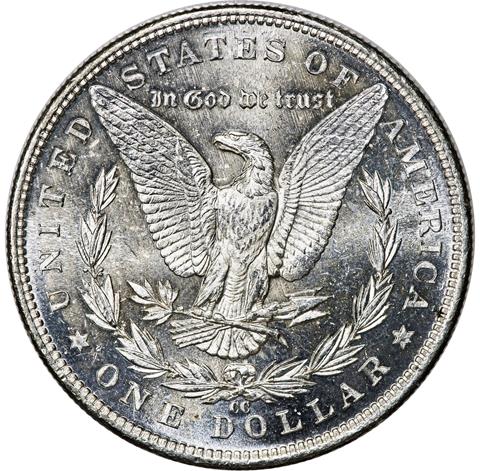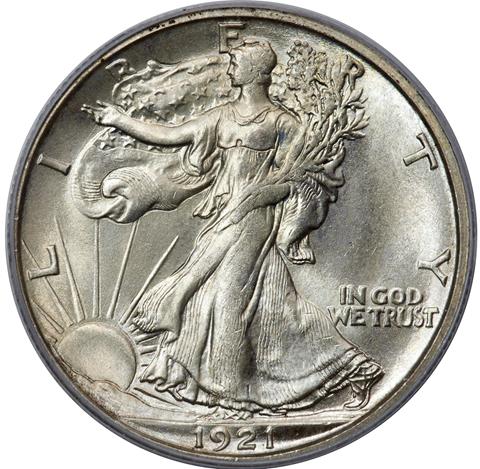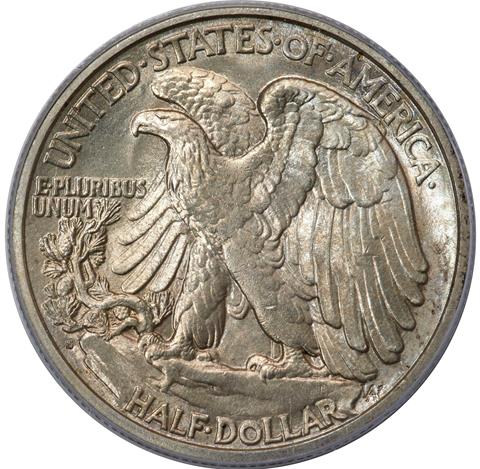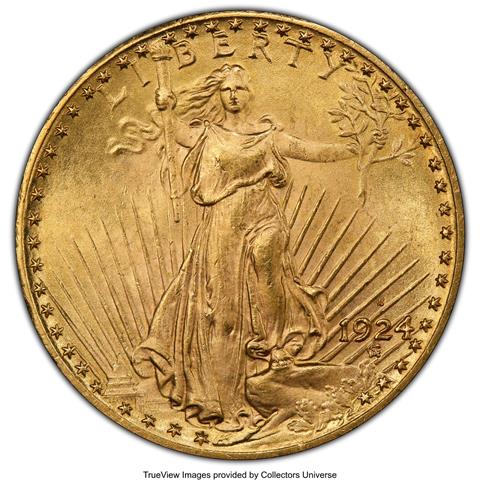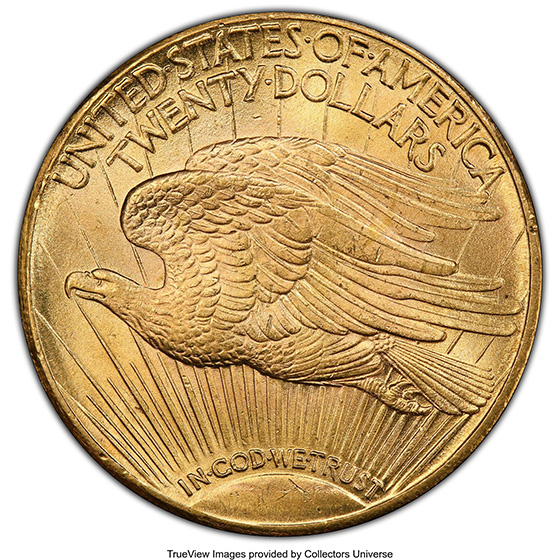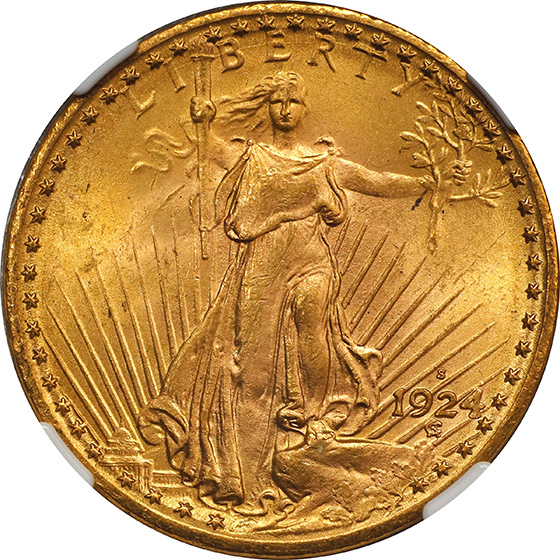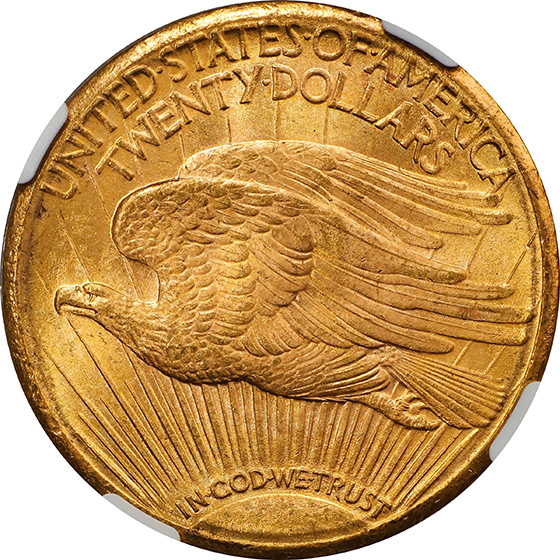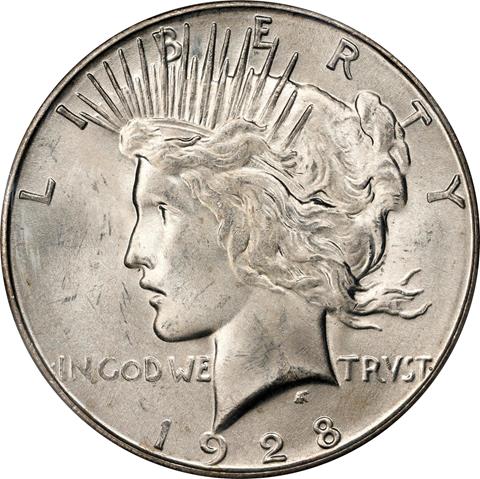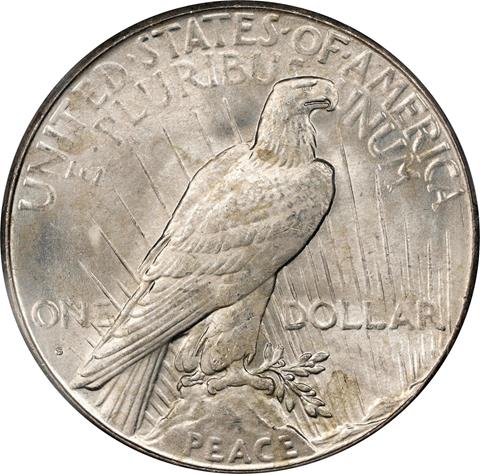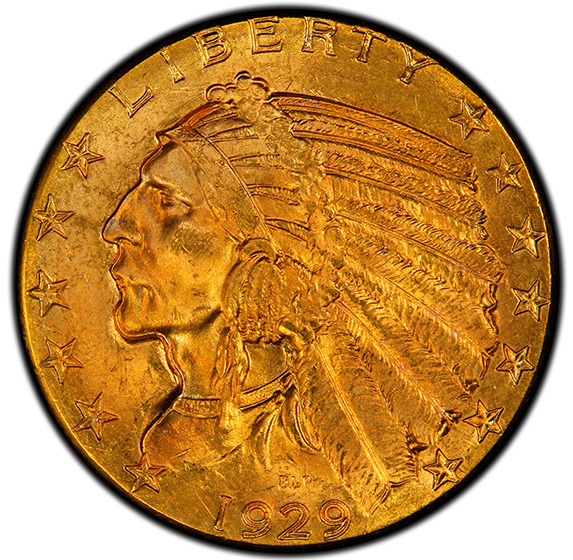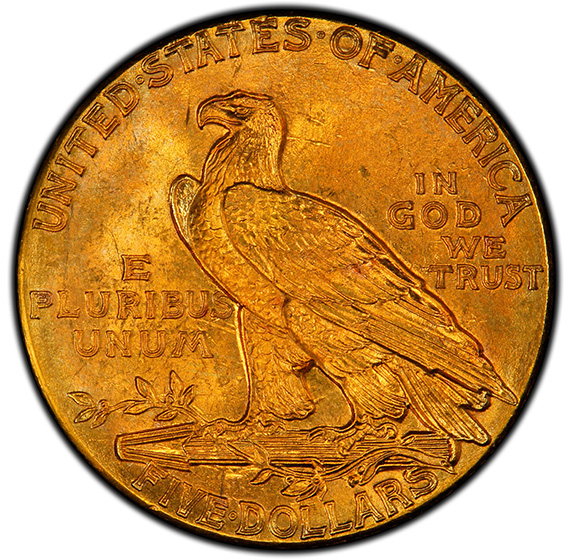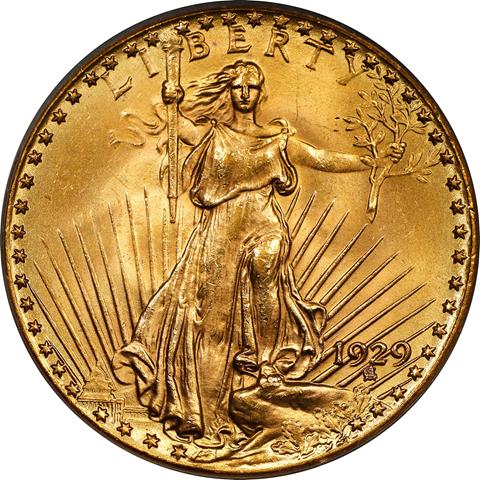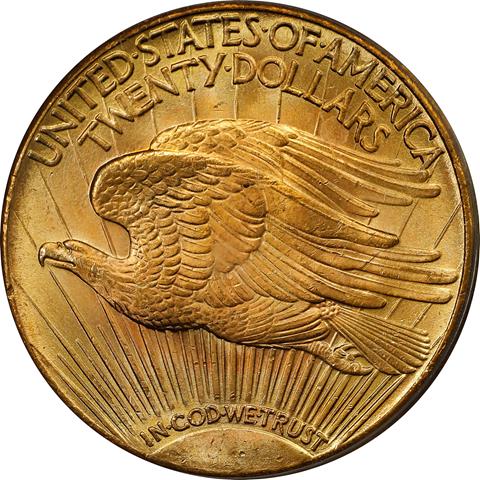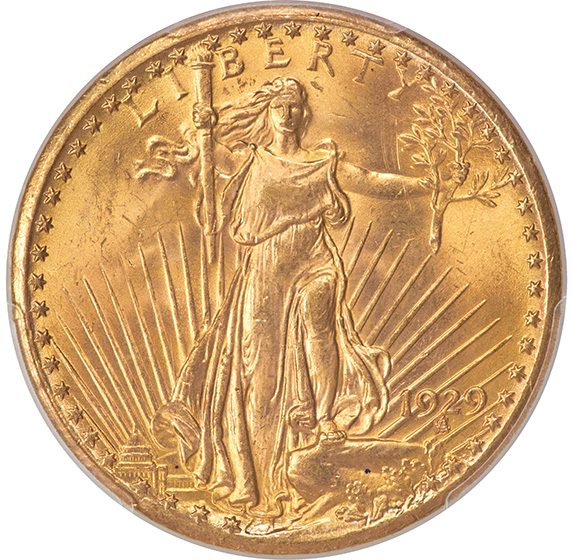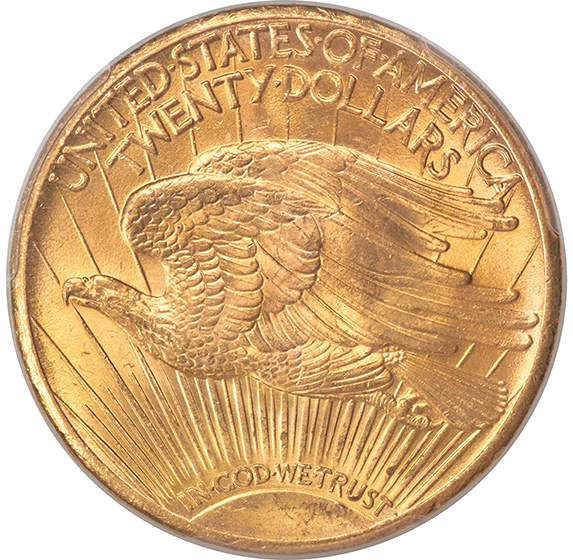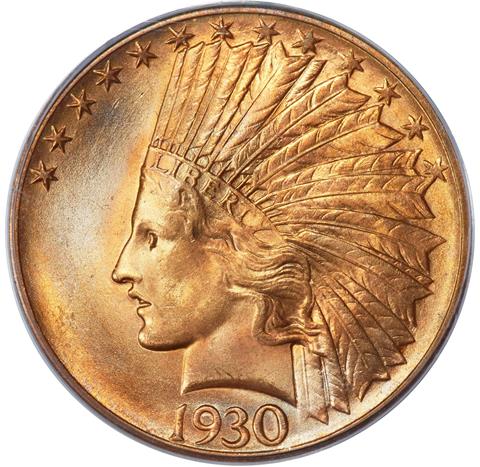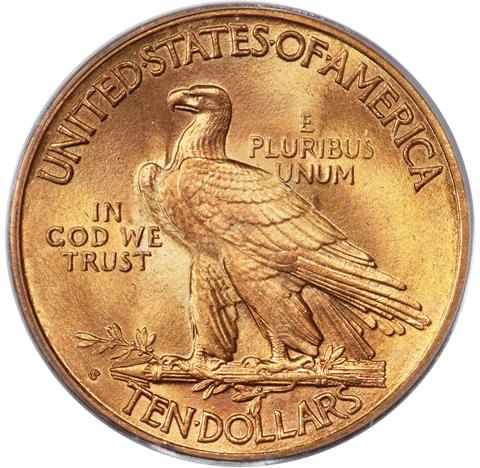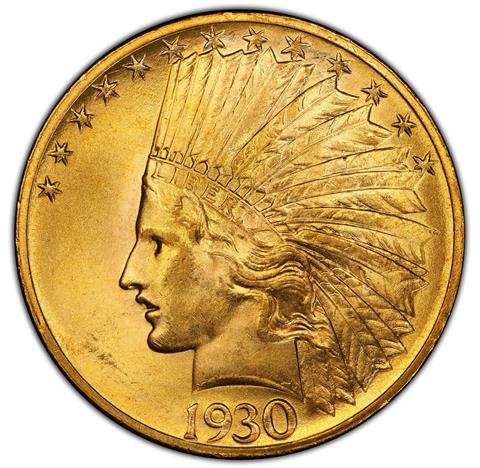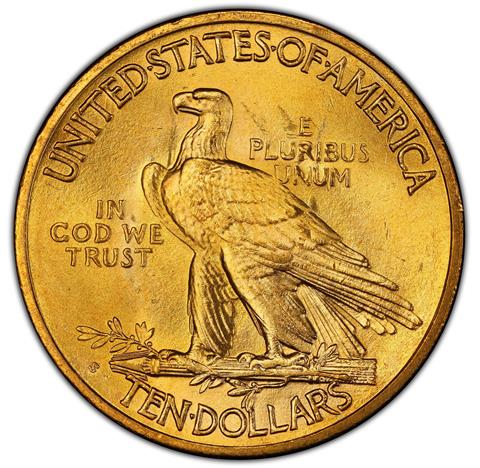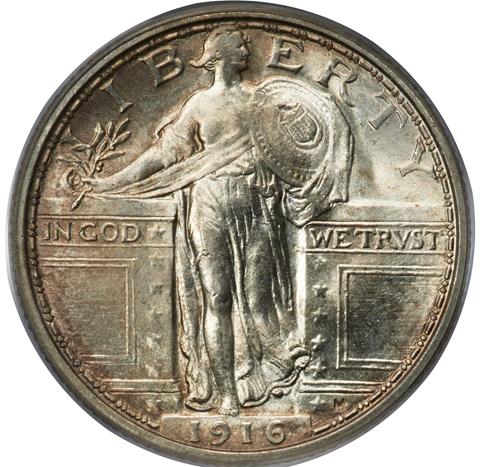
World War I to the Great Depression (1915-1933)
The period from World War I to the Great Depression (1914-1929) intricately binds history and government as a tale of unprecedented upheaval and subsequent challenges. The aftermath of the war witnessed global reshuffling, as governments navigated the complex terrain of post-war reparations and geopolitical realignments. The Roaring Twenties through the New Deal, history and government intertwined in an uplifting narrative of resilience and progress. The exuberant spirit of the Roaring Twenties, marked by cultural blossoming and economic growth, set the stage for the transformative New Deal. Economic prosperity gave way to the Wall Street Crash in 1929, laying bare the fragility of unchecked markets. Government responses to the crisis, such as the New Deal, aimed to mitigate suffering and rekindle hope. This era underscores how pivotal historical events can reshape governments' roles, guiding societies through turmoil, shaping policy responses, and illustrating the profound interplay between historical context and governance.

